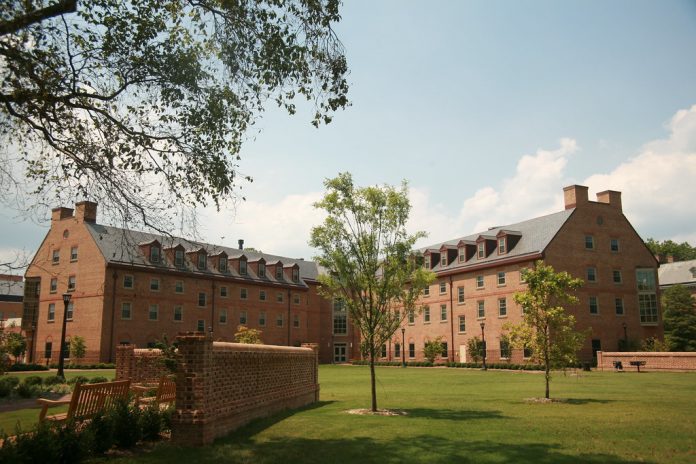The freshman dorms here at the College of William and Mary are, objectively, not great. Running jokes about cockroaches, lack of air conditioning, ant infestations, the “freshman plague” and suffocating humidity are rampant on campus and are a common point of conversation between new students. Older students bond with their younger peers about shared experiences in their dorms, often exchanging hall bathroom horror stories that entail anything from many-legged creatures — or no-legged, like the snake in Green and Gold Village last semester — to strange stains in the stalls.
A true alluring trait of the College is its old, quaint nature and rich history. These underclassmen dorms, while old, are not so quaint. Illness, insects, small spaces and the like should not be cute, fun or quirky “character-building” or “bonding” experiences — especially now.
As a student who lived in the distant Botetourt complex, and as one who also fell victim to the so-called “freshman plague” herself, I can say that my experience would have been exponentially worse if I was in the position of the current first year students. Coming to college is nerve wracking, isolating and stressful enough, but now students must cohere to social distancing guidelines: they eat dining hall takeout in their rooms and are navigating the challenges that COVID-19 brings — and they do all these things relatively alone. I was lucky: my roommate and I had a great relationship, and I never felt like I couldn’t be in my room. Regardless, I found that being out of my room was essential for my mental health. It was incurably dusty, humid, moldy-smelling and cramped, with no air conditioning, one small window and cinder block walls.
I have genuine concerns for first year students’ mental health. Being in a space where one feels safe, clean and comfortable is essential, and especially in the midst of a pandemic where the safest place should be one’s own dorm room. These students are bound to experience growing pains as newcomers to campus – even under normal circumstances – but now feelings of isolation are escalated by inconvenience, restlessness and a lack of comfort.
I moved into the newly renovated One Tribe Place last weekend, and I cannot fully express the difference I feel. My room is spacious, comfortable and has remarkable natural lighting. I am only about half a mile from my old dorm, but I am worlds away from the negative sentiments I held towards on-campus housing just last semester. There is a serious problem with the inequity of housing quality at the College, and I am truly worried about how this will affect first year students. They should live in spaces that are comforting, welcoming and not infested with insects. With the size of such a large project, this problem must be addressed promptly, as a solution cannot reasonably be implemented or developed for a considerable amount of time.
One’s personal environment is such an integral part of mental health, and if the College cares about their students, they will take this plight seriously. Students should not feel the need to exaggerate their health needs for fear that their basic ones will not be met. Students should love where they live, like I do now, and be truly comfortable in their space, especially during COVID-19. One’s dorm should be a safe space, not a space they resent and dread. We can and must do better for our first-year students.
Email Carina Pacheco at

